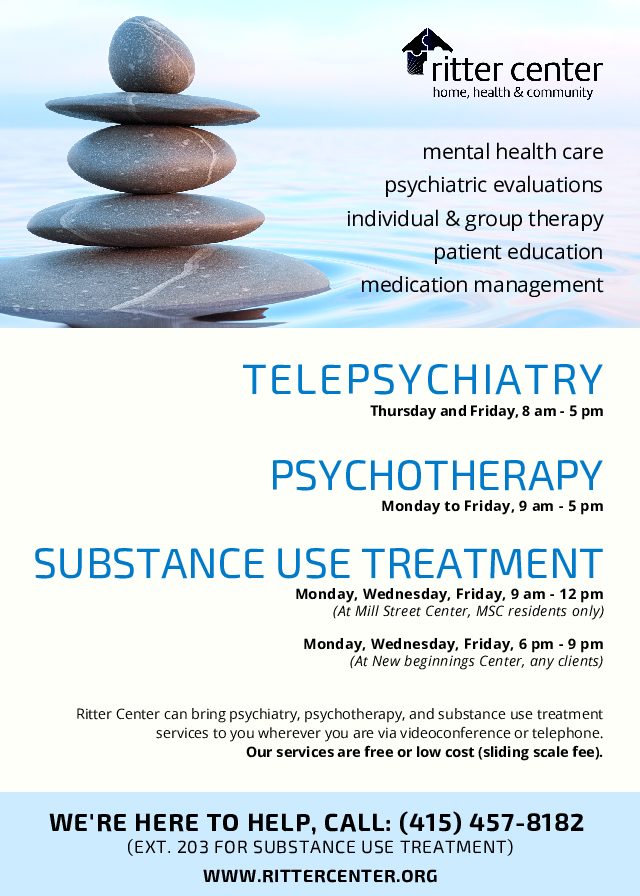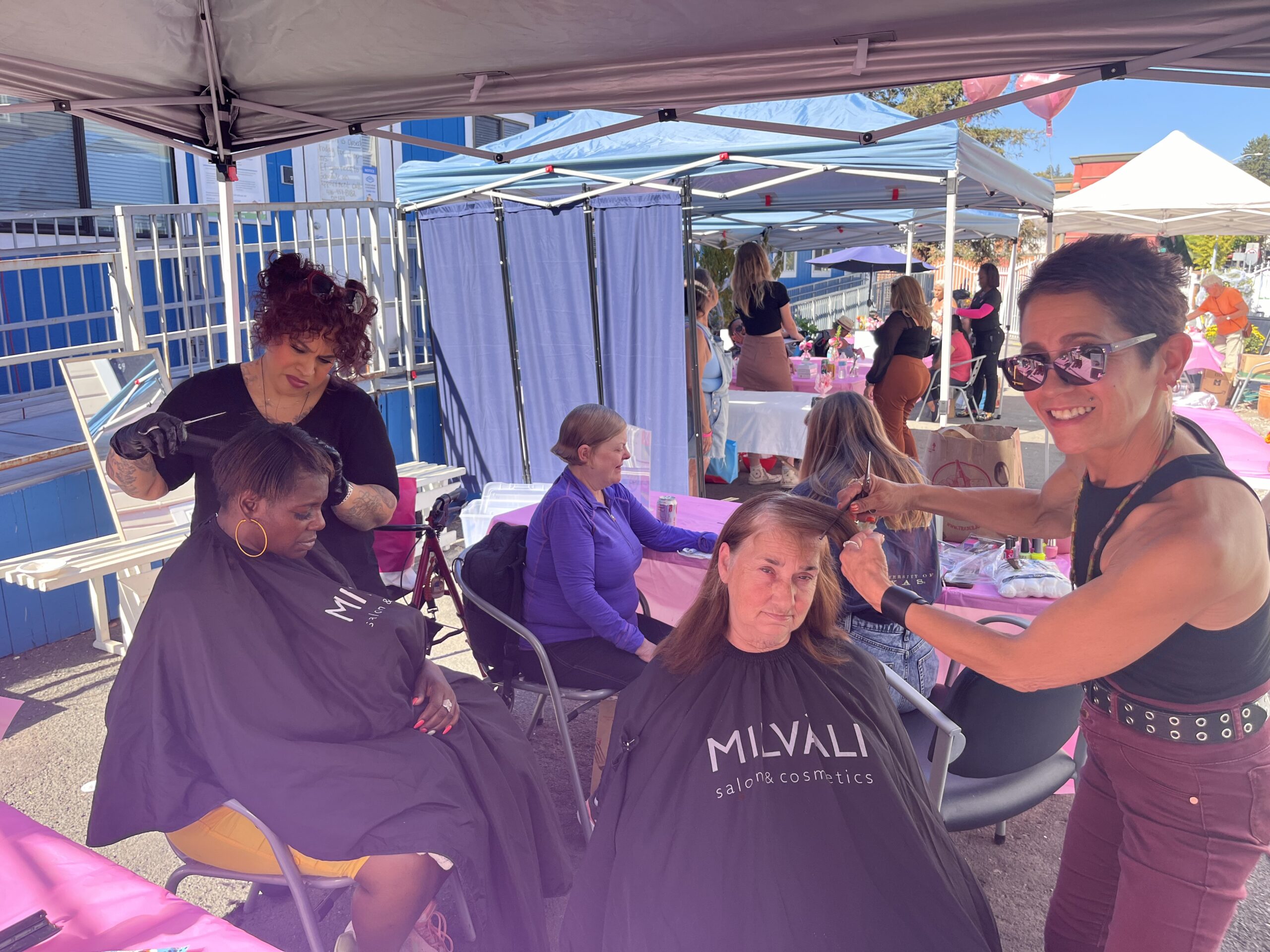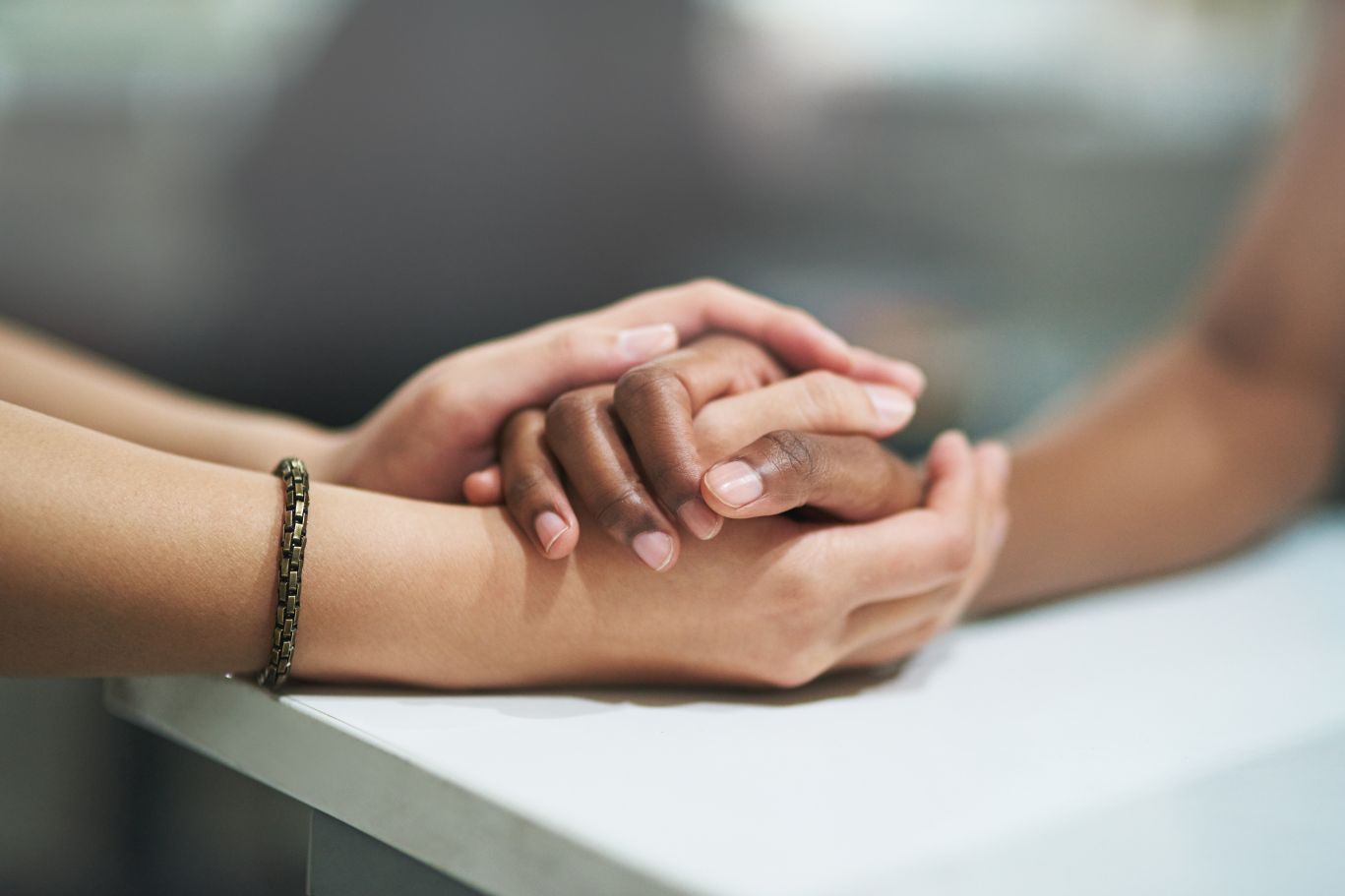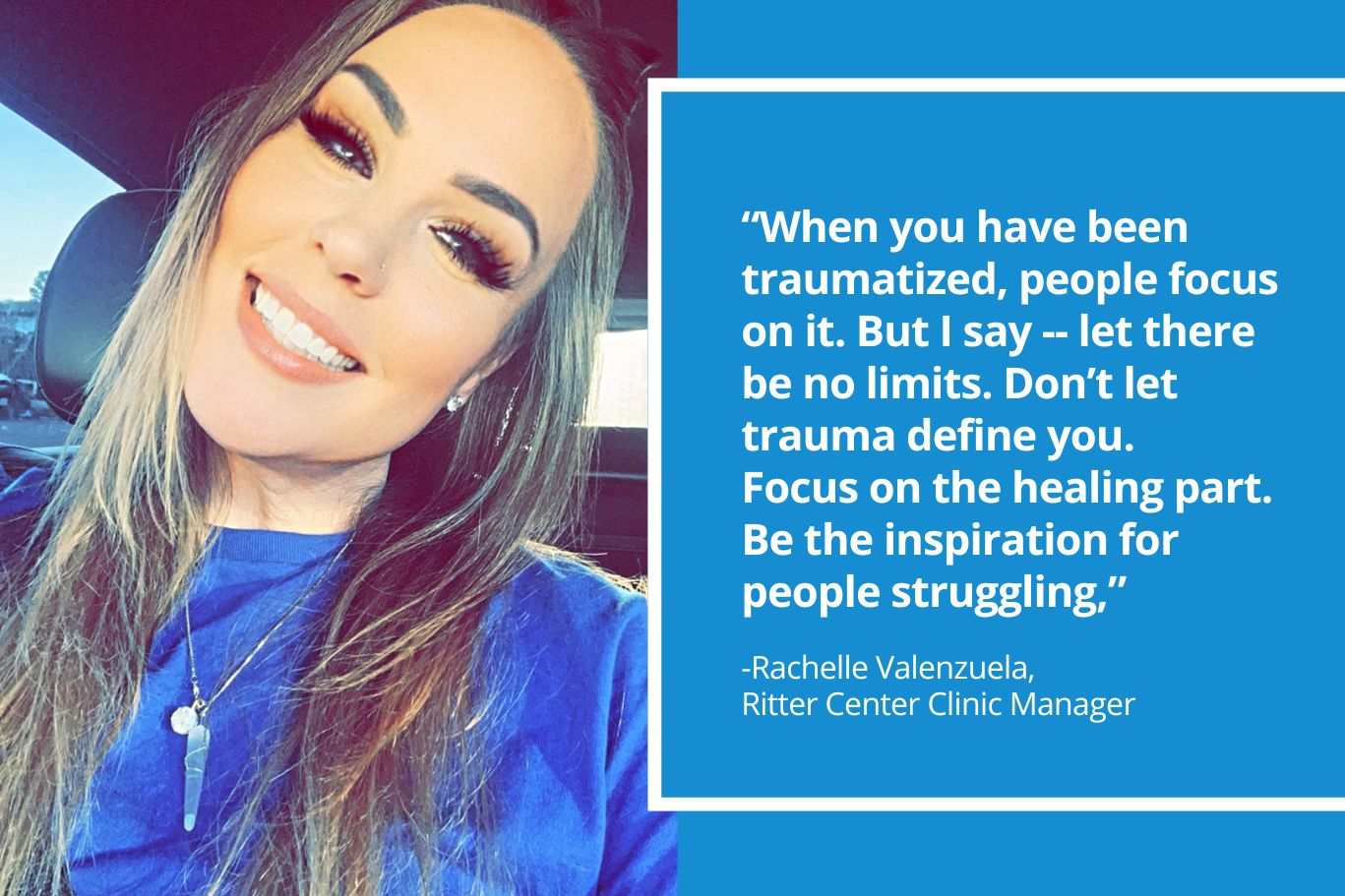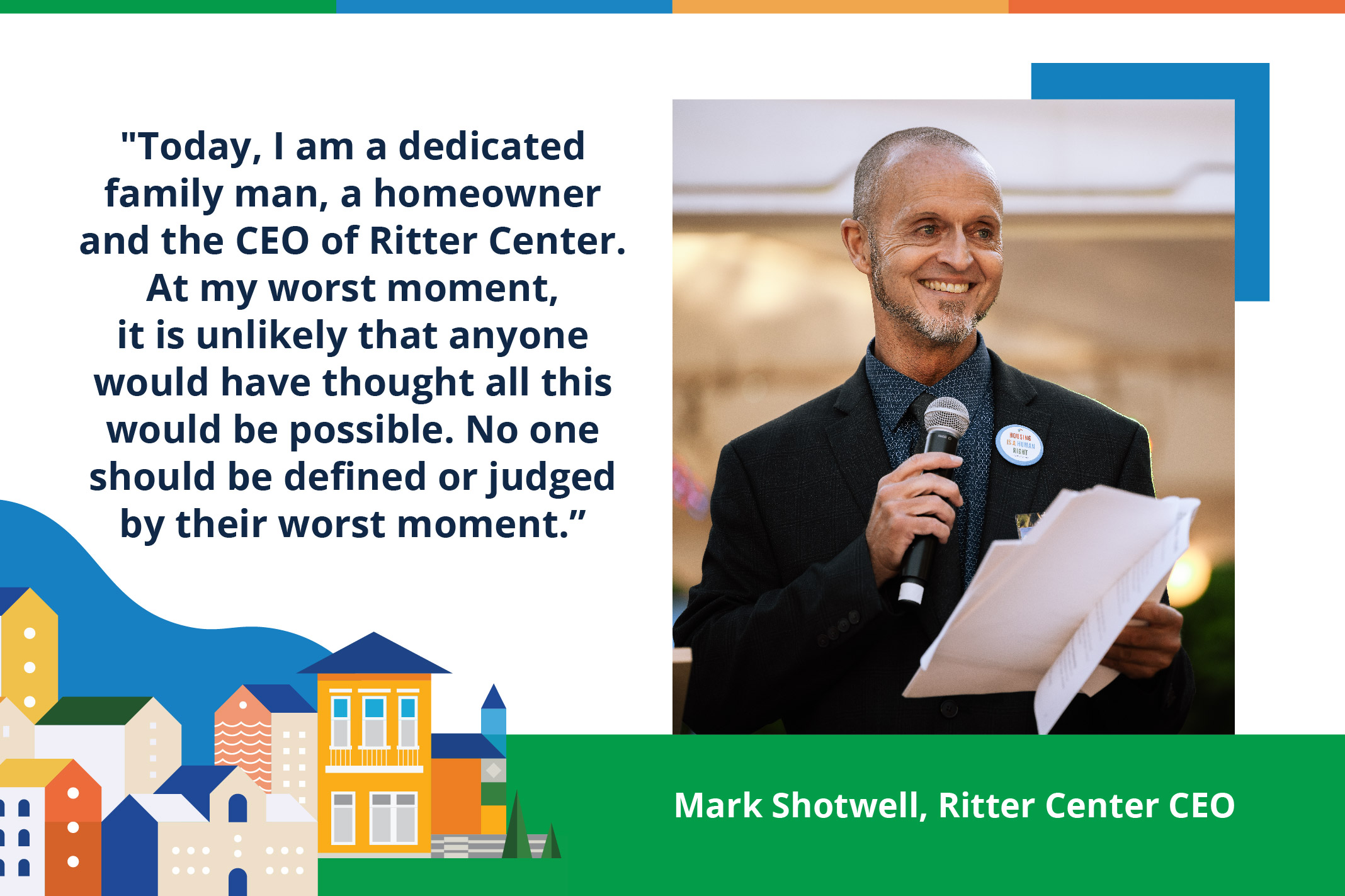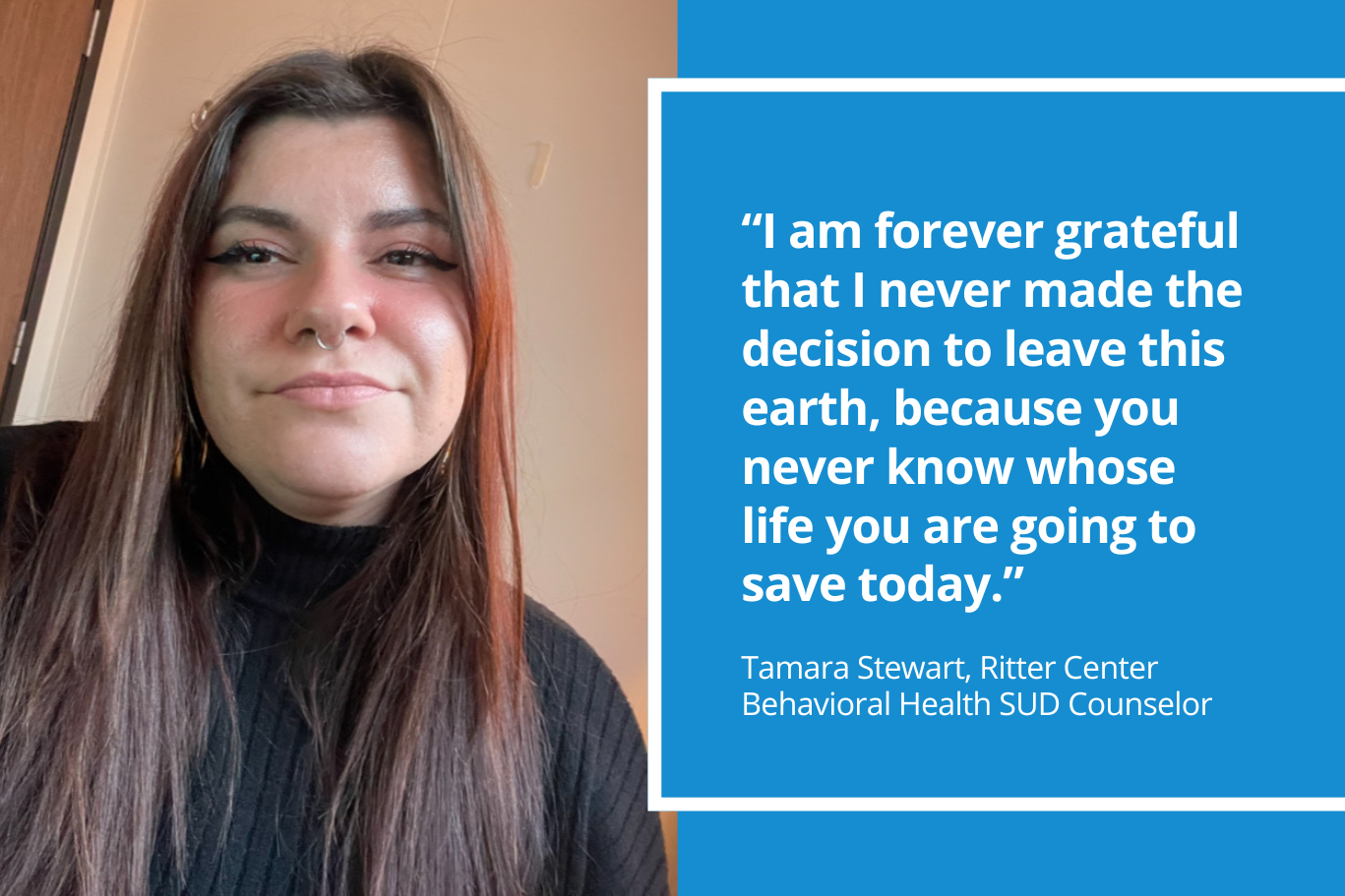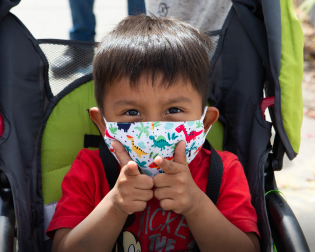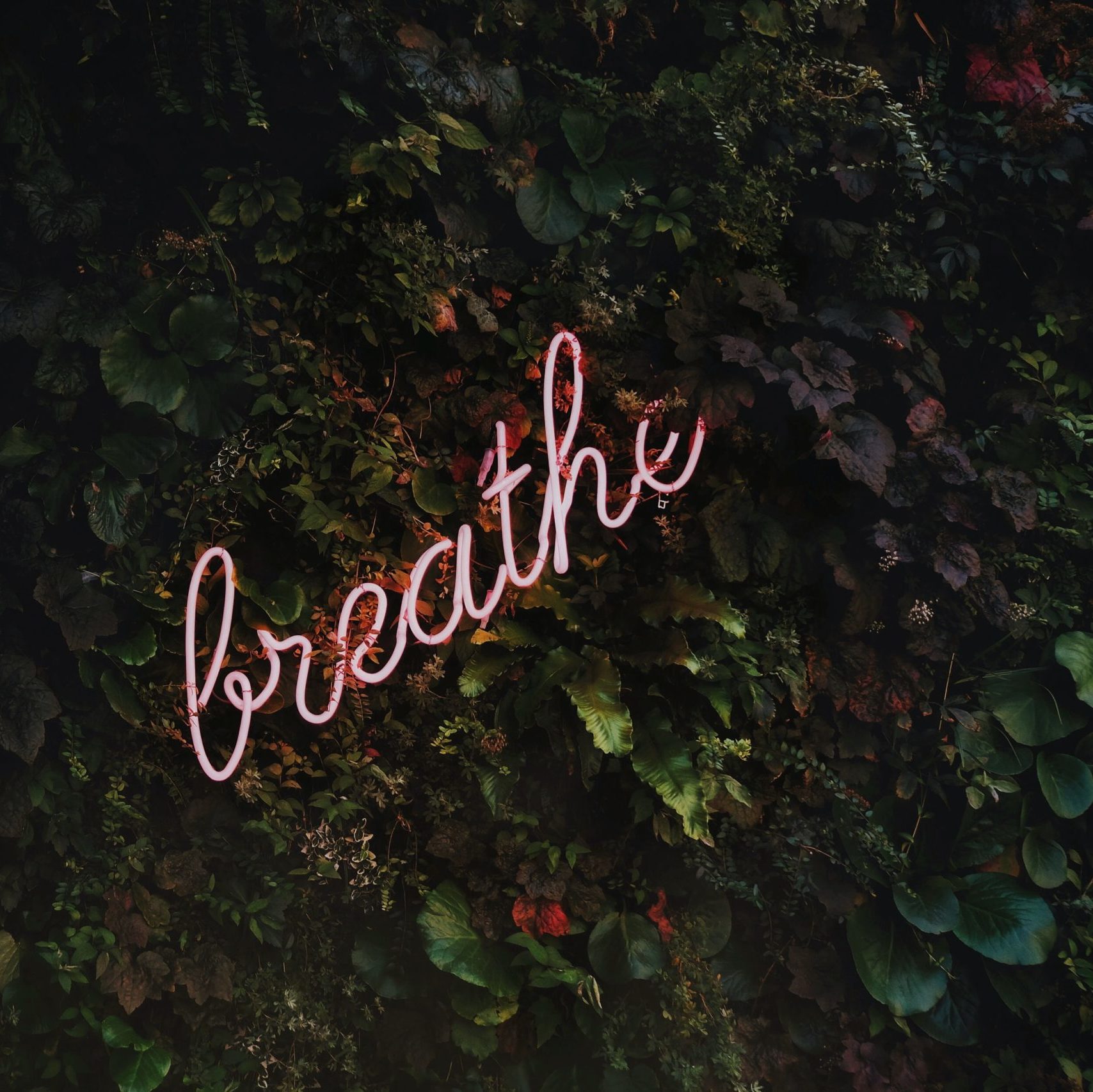
Mental Health & Wellness Tips
Starting this fall, each month Ritter Center will bring you physical and mental health and wellness tips.
The connection between our physical and mental wellbeing is strong but often overlooked. We all know it is a good idea to keep our anxiety in check, but it is harder than ever as we contend with the pandemic, wildfires, heatwaves, and poor air quality.
Let’s tackle the most important topic right at the start. Mental Health. September was suicide prevention and National Recovery Month and October 10, is World Mental Health Day. If you are struggling, the National Suicide Prevention Lifeline is a suicide prevention network of over 160 crisis centers that provides 24/7 service via a toll-free hotline with the number 1–800–273–8255 (TALK) is available 24/7 at 1-800-273-TALK (8255). You can also call Ritter Center for a confidential assessment at 415-457-8182 x203.
Don’t hesitate to call. Someone is always there to talk you through the darkness and into the light. It may seem like things will never get better, but there is always hope.
With relentless stress from the pandemic, political elections, economic news, and wildfires, what is the best way to try to find some peace during such incredibly anxious times?
First, let’s start with the amount of input our brain is receiving. Think about limiting the time you spend on any type of screen: TV, laptop, iPad, and iPhone. It’s ironic that staying connected is more important than ever before, but at the same time, too much screen time can weigh us down. Here are some of our top mental health and wellness tips.
- Call a friend: Sharing your thoughts and talking to a good friend can often help you feel better and heard.
- Connect with Nature: Take some time to go for a walk in nature or head to the beach. Take in the quiet and hear your own inner voice or soak in the salt air and calming sounds of the waves.
- Exercise: Just a little bit of exercise every day can go a long way towards feeling better both physically and mentally. A short walk or a short 7-minute bodyweight workout at home can help give you balance and energy.
- Sleep Sleep Sleep! Be sure to get off the screen at least one hour before bed. Try taking a hot shower and reading as a regular routine to tell your body and mind it is time for sleep.
- Tech Boundaries: Creating healthy boundaries around technology will also help with contending with the news cycle. A steady stream of news and social media is bound to make you feel anxious. When you do check the news, set a timer for 20 minutes. When it goes off, take a break until tomorrow.
- Meditate: Taking 5 minutes out of every day to meditate can keep you feeling balanced and provide focus.
- Write: Keeping a journal truly helps. Write your anxieties down, get them out of your head, and you will feel lighter.
- Keep an eye on your nutrition. Avoid caffeine after lunch if you can and try to limit your overall sugar intake. Keeping fresh food, fruits, and vegetables as a regular part of your diet will make you feel better overall.
Did you know?
Ritter Center now offers behavioral health services via videoconference or telephone. Our highly trained health care professionals and case managers integrate behavioral health care and primary care into each patient’s program, ensuring better outcomes. And, with in-person and virtual therapy options, we can bring the care to you, wherever you are.
Our services are free or low cost (sliding scale fee).
Call us if you need any help at 415- 457-8182 (ext. 203 for information about our Substance Use Treatment and a confidential assessment).
Other numbers you can call for support are:
- SAMSHA National Helpline: 1-800-662-HELP (4357)
- Marin County BHRS Helpline: (888) 818-1115
Take care of yourself!

Sehrish Khan, MPH
Quality Improvement Manager
Ritter Center
